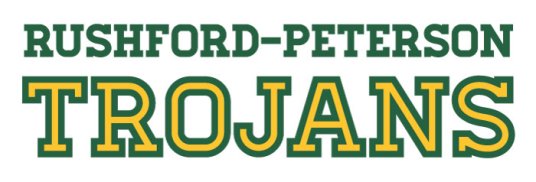Quick Links
Resources for Parents
|
Q: What is Special Education? A: Under the Individuals with Disabilities Education Act (IDEA), special education means "Specially designed instruction, at no cost to parents, to meet the unique needs of a child with a disability." Q: What are Related Services? A: Related services are services that are necessary for a child with a disability to benefit from special education. Related services can include transportation, speech-language pathology, audiology services, physical and occupational therapy, and family support services, to name a few. They can be broken down into two categories: Direct services and Indirect services. Direct services are services that are provided to the student directly from a professional. Indirect services are services that are provided to the student indirectly from a professional through a teacher, parent, or other individual. Q: What is a referral? A: Referrals are the starting point in the special education process. It is simply a written document requesting an evaluation and can be made by a parent or guardian, the classroom teacher, any other member of the school district, a judicial officer, or the student (18 years or older or an emancipated minor). Before a referral is made, the classroom teacher must try at least two pre-referral interventions. These are documented efforts to try to get the child to improve. If improvement is made, a referral may not be needed. After a referral is made, parents or guardians will work along with the school team to determine what areas will be assessed, what tests will be used, and who will do the testing. The evaluation cannot take place without parental consent. Once the school district receives constent, the evaluation must be completed within thrity school days. Q: What is an evaluation? A: An evaluation occurs after a referral has been made and is used to determine whether or not a student qualifies for special education and to determine their educational needs. It starts with the evaluation in the area of concern. The evaluation should examine all areas of suspected concern and provide a detailed description of the child's educational needs. It may include formal tests, informal observations, questionnaires, and evaluations. Evaluations may also include review of the student's educational and medical history. The evaluation will attempt to determine if factors related to a disability are affecting the child at school. Teachers can refer a child to a Child Study Team without parental authorization, however, a special education evaluation cannot take place without written consent from the parents. Parents work with the school team to determine what areas will be assessed, which tests will be used, and who will do the testing. The school district has thirty school days (excluding holidays and weekends) to complete the testing. The following personnel could be involved with a child's evaluation: School Psychologist, Counselor, School Social Worker, Speech and Language Clinician, Occupational Therapist, Physical Therapist, Special Education Teacher, DAPE Teacher, and a Consultant or Specialist in the suspected area of disability. After the evaluation, a meeting will be set up by a member of the school evaluation team that will include the parents of the child, and the child, when appropriate. *All information taken from the Rushford-Peterson Parent Handbook for Special Education |
